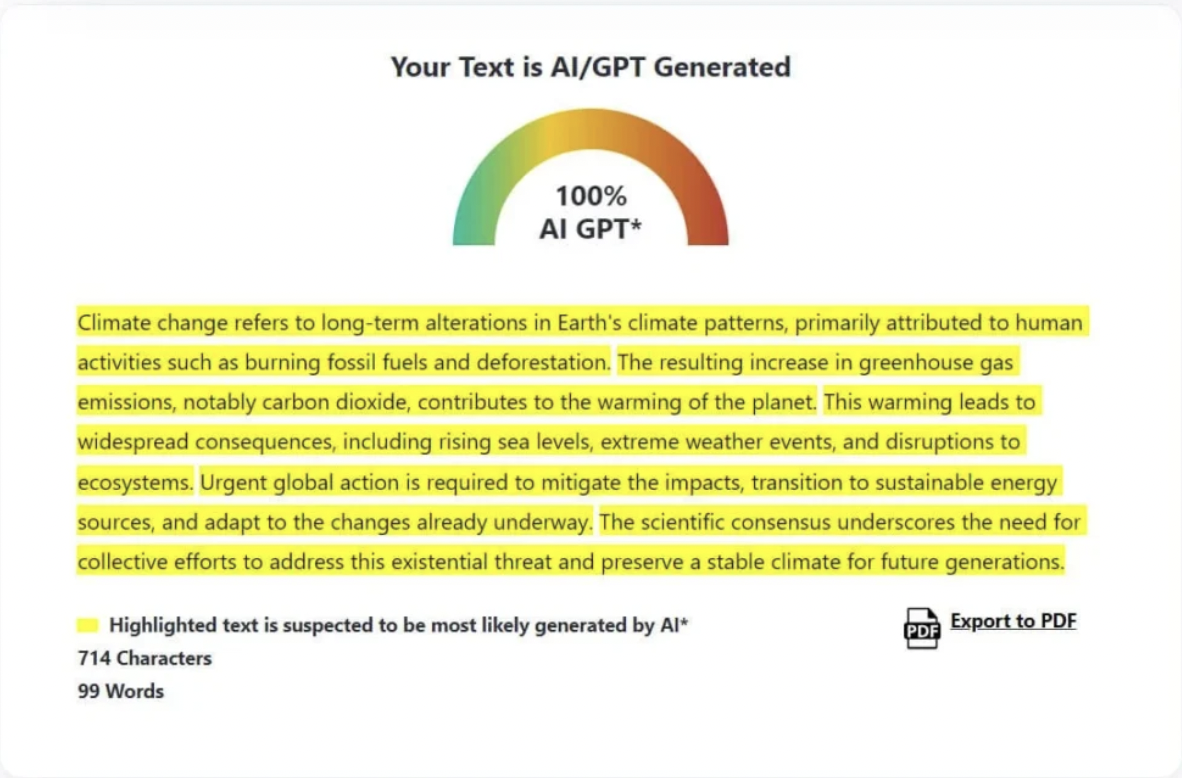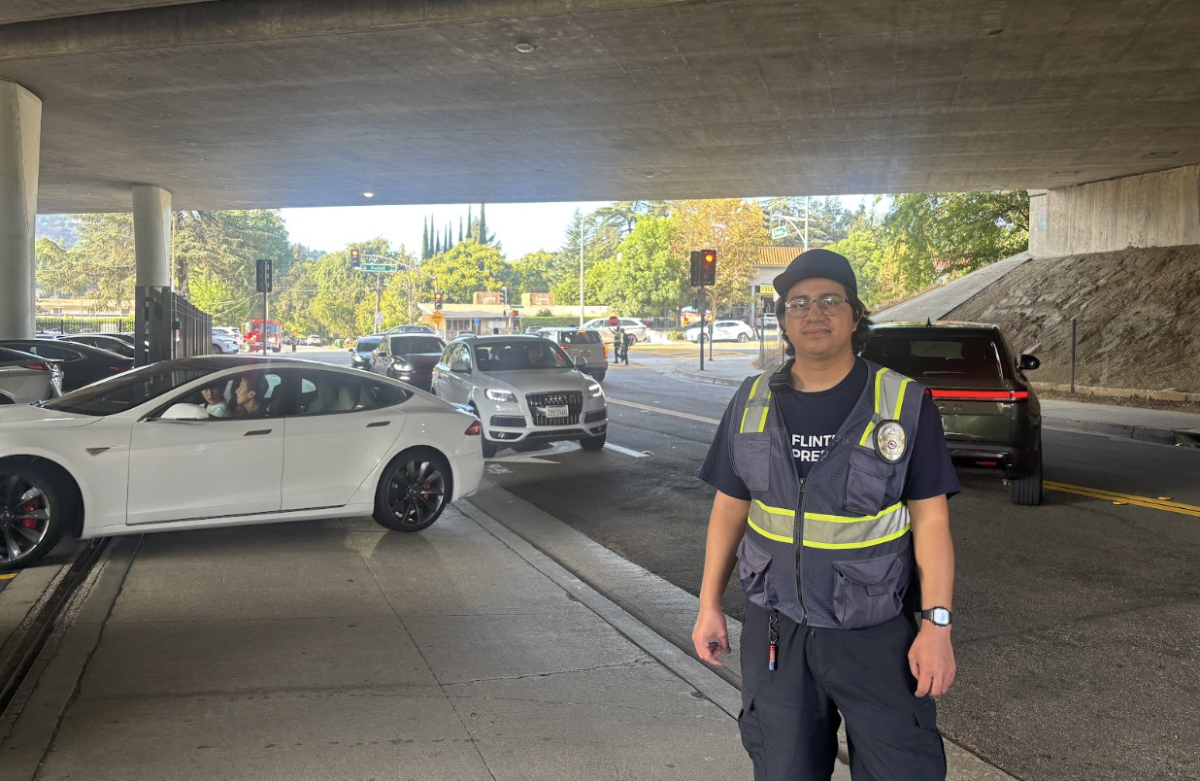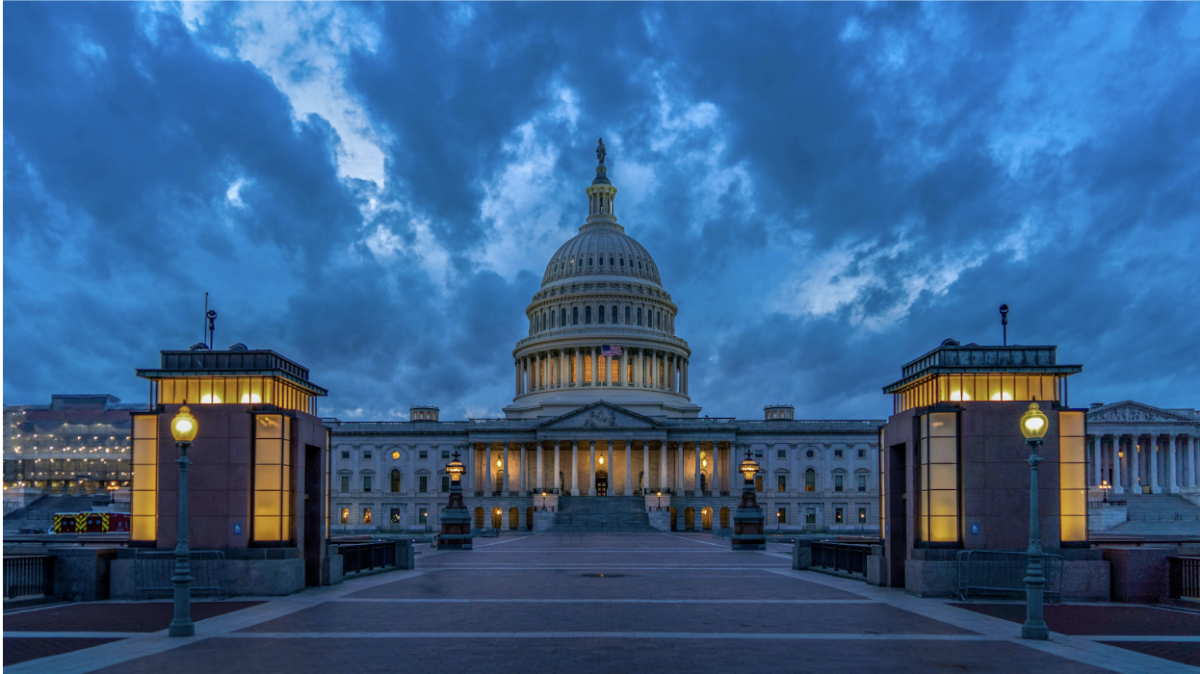During the peak of the Covid pandemic, it’s safe to say that technology had become a crucial aspect of our lives. With restrictions on physical interactions, people relied on technology to communicate with those outside their own households. Social media platforms like TikTok rose in popularity, providing a vast range of information and offering a new world of entertainment and trends at our fingertips. As political tensions heightened worldwide, social media activism raised awareness and helped create change, especially when we were all stuck at home. We all began to witness a new side of social change, where technology plays a significant role in creating tangible and meaningful results. However, behind this trend lies the issue of distinguishing between genuine advocacy and performative activism, which has become more prevalent throughout social media. Even as the pandemic has subsided and we have returned to some sense of normalcy, social media still plays a critical role in raising awareness and while this is a positive development, for some, it appears to be that if someone is not involved in social media activism, they may be perceived as uncaring or unsympathetic
In late May of 2020, a video of George Floyd being violently detained was captured on video and just 48 hours after the video surfaced on the internet, the #The BlackLivesMatter movement resurfaced on the global stage, accumulating millions of supporters and activists fighting for racial justice. As protestors crowded the streets all over the world, the term “performative” was used to call out people who were not genuinely invested in the cause. Later in the year as activism bloomed, more people began to vocalize their opinions on other relevant issues such as LGBTQ+ rights, climate change, and Asian hate. We owe it to technology for helping us get our voices out into the world and being opened up to new issues and new realities. Although we are not nearly there, society continues to strive to achieve equality for everyone. It is important to keep the momentum going and to continue advocating for social justice and equality as a society. There is no question that social media activism has played a valuable role in spreading awareness in society through movements, petitions, and shedding light on global issues. Nowadays, almost everyone is active on social media platforms like Instagram, Twitter, and TikTok which makes it easily susceptible to consuming new information. With this new era of activism, anyone and everyone can participate no matter their age. Ultimately, this involvement can range from a simple picture, video, or Instagram Live, to an infographic.
With the prevalence of social media, we are faced with a conflict regarding the authenticity of activism. On the one hand, during movements such as Black Lives Matter, if individuals did not actively post their support by reposting political figures’ posts or sharing a black square, they were deemed to be uncaring or not in support of the movement. However, if individuals were actively engaging with Instagram posts and reposting information, it was viewed as “performative” and disingenuous, as if they were just posting out of fear of being scolded by their peers or the Black community. It was a tricky situation because nobody knew what stance to take, while still caring about activism. The problem with performative activism is that it allows individuals to feel like they have contributed to a cause without actually doing anything tangible to support it. This leads to a sense of complacency, where people feel like they have done their part and no longer need to take any further action, while only contributing through social media.
However, real change requires sustained and meaningful action, and just because someone doesn’t post on social media doesn’t mean they aren’t doing their part to make a change. It is unfair to judge someone’s personality and morals based solely on their social media involvement without knowing their real-life contributions. For all we know, they may be participating in protests or other forms of active changes on the weekend. The issue I want to highlight is the tendency to publicly shame individuals who do not take action or adhere to certain moral standards, particularly on social media, which was especially relevant during the pandemic. While it’s reasonable to expect public figures and those in positions of power to use their influence for social justice, it is unfair to place the same expectations on the ordinary social media user. We cannot know what someone is doing outside of their social media presence, and judging their personality and morals solely based on their social media activity is unfair. It’s important to recognize that not everyone feels comfortable or capable of publicly posting about social justice issues, and society must realize that’s okay.
Achieving genuine change necessitates consistent and impactful action, which can be attained through activism, community engagement, or personal growth. Rather than condemning individuals who do not conform to a particular mold of activism, we should promote and bolster their efforts to make a positive difference in their own unique way. Excessive emphasis on social media activism can deflect attention from other effective approaches to tackling urgent global problems. For instance, one can show support by signing petitions, contacting public officials, donating to organizations and initiatives, voting for politicians and ballot propositions, organizing mutual aid funds, getting involved in school, and attending protests. The metric in which we determine activism should not be whether or not an individual reposts a colorful infographic, but rather a holistic view of a person’s own way of fighting for social change. Society has become fixated on what people choose not to post on social media, rather than what they do post. This has resulted in the rise of performative activism, particularly among celebrities and influencers with large followings. While this increased awareness may seem beneficial, it often fails to create effective change. With the advent of new influencers on platforms such as TikTok, people now wait for them to make a silly mistake or be canceled due to a misinterpretation of their intentions. As a result, influencers are acting with extreme caution when it comes to political involvement, and activism has merely become a trend for some, all under the scrutinizing spotlight of social media.
It’s important to remember that people have lives beyond what they present on social media and to not make assumptions about a person based solely on their online presence, whether it’s big or small. Social media activism should not be a trend for some but a genuine way to create effective change. This often requires less emphasis on what people post on social media and rather on what actions they take offline. There are multiple avenues for bringing about change in the world and now it is more crucial than ever for society to recognize that.








